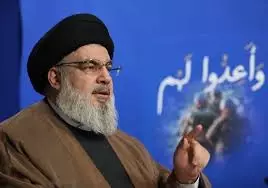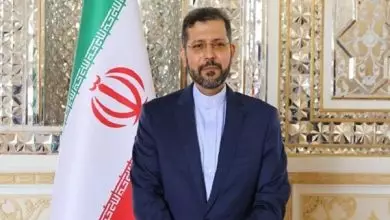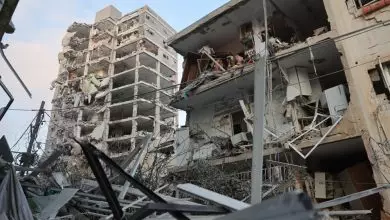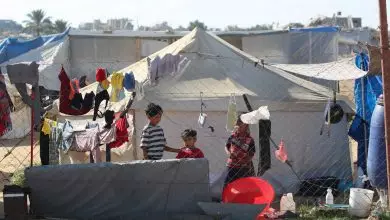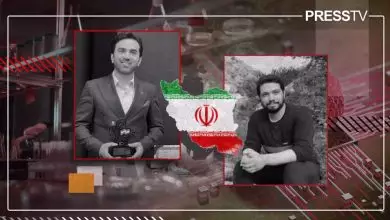Iran’s FM Cautions ‘Severe’ Environmental Threats from ‘israeli’, US Strikes on Nuclear Facilities
Iran's Foreign Minister Abbas Araghchi has issued a warning regarding recent assaults by Israel and the United States on Iranian nuclear facilities. He highlighted the "severe" human and environmental consequences of such actions, alongside the potential for causing "irreparable" ecological harm.
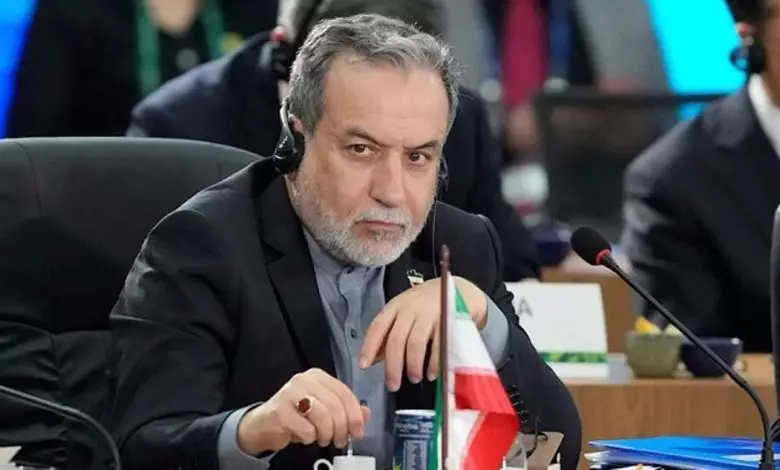
Foreign Minister Abbas Araghchi has issued a stern warning that recent assaults by the Israeli regime and the United States on Iran’s nuclear facilities pose “severe” risks to human health and the environment. He emphasized that these actions threaten to inflict “irreparable” ecological harm.
The chief diplomat condemned the attacks as “reckless and aggressive” during the concluding session of a BRICS summit, which brings together the major emerging economies, held in Rio de Janeiro, Brazil, on Monday.
The actions by Israel focused on numerous Iranian nuclear sites amid what was described as an unprovoked conflict by the country from June 13 to 25. Later in the conflict, the United States also became involved, targeting significant facilities involved in peaceful uranium enrichment within central and north-central Iran.
Araghchi expressed concern over the situation, highlighting that two nuclear-armed regimes are currently engaging in hostilities against a nation without nuclear capabilities.
He highlighted that the pair executed the extremely dangerous attacks, even though Iran is a signatory to the Nuclear Non-Proliferation Treaty (NPT), with its peaceful nuclear activities confirmed under the comprehensive safeguards of the International Atomic Energy Agency (IAEA).
The Israeli government and the United States leveraged the latest resolution by the International Atomic Energy Agency (IAEA) as a pretext for their aggressive stance against Iran. This resolution, developed amid significant Western influence, accused Iran of “non-compliance” with the IAEA’s safeguards obligations, even though Iran had undergone some of the most rigorous inspections by the agency in its history.
Araghchi emphasized that the joint attacks represented breaches of international law, the United Nations Charter, and the Statute of the International Atomic Energy Agency (IAEA). In related developments, Iran’s foreign minister expressed appreciation for BRICS’s resolute and clear condemnation of the recent acts of aggression carried out by Israel and the United States against Iran.
In other parts of his speech, he stated that developed nations carry the “historic responsibility” for confronting the world with its most persistent environmental issues.
He identified several challenges, including increasing temperatures, diminishing water resources, extensive wildfires, the destruction of ecosystems, and migration driven by climate change.
The foreign minister expressed regret, stating that this has become a harsh reality for millions of individuals.
He stated that the nations involved must acknowledge their role in environmental degradation and also provide developing countries with access to clean technologies.
The official highlighted the impact of strict sanctions, particularly those levied on the Islamic Republic under political justifications, alongside geopolitical tensions, in hindering collaborative climate efforts and coordinated responses to ongoing environmental issues.

